How will the war in Ukraine end and what about Crimea?
- By Stavros Atlamazoglou
Share This Article
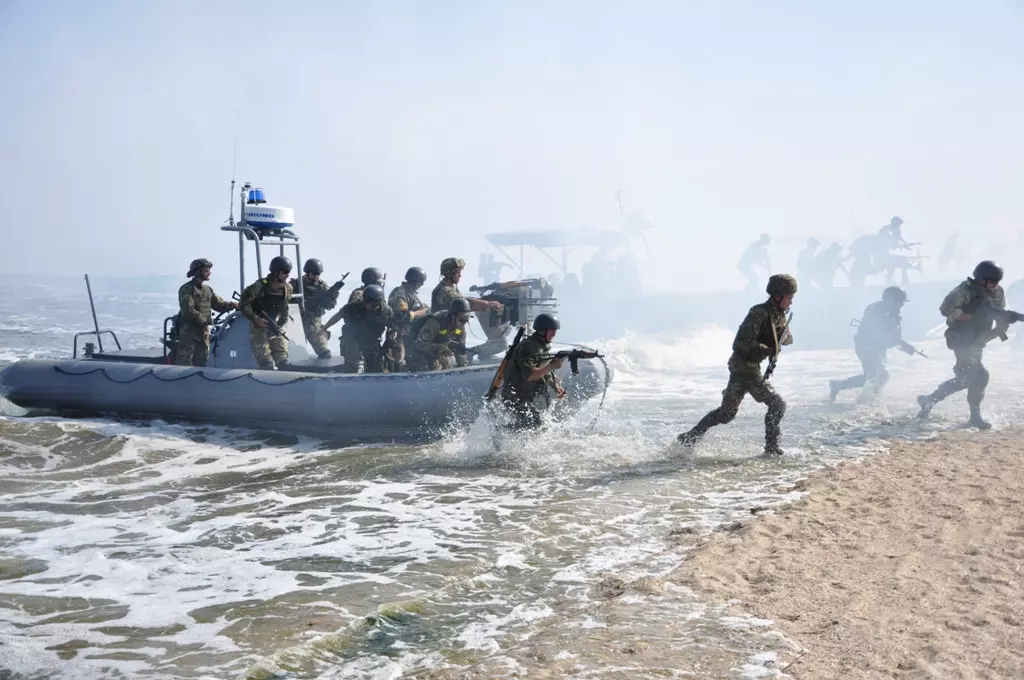
The Ukrainian military has launched its counteroffensive, turning another page in the saga that is the war in Ukraine.
In this next phase of the war, Kyiv is looking to cut off the land bridge that connects the Russian mainland with occupied Crimea. For months now, the Ukrainian leadership has made it evident that the liberation of the Crimean Peninsula is very much on the table. And it now looks like that Kyiv will try to first cut off the Peninsula before it makes a push for it.
On the other end, the Kremlin has indicated that it considers Crimea to be Russian territory since it captured and annexed it by surprise in 2014. As such, a Ukrainian attack in that direction might push Moscow toward more aggressive measures, including the use of tactical nuclear weapons.
After almost 17 months of war, the Ukrainian counteroffensive likely presents one of the last opportunities for the war to end soon. If Kyiv fails to achieve something decisive on the ground, its international backers, including the United States, might increase pressure to end the conflict through negotiations.
The war in Ukraine is a currently limited one. But if Kyiv pushes toward Crimea, it might become an unlimited one — and that wouldn’t necessarily be in Kyiv’s favor.
A limited war that can turn unlimited
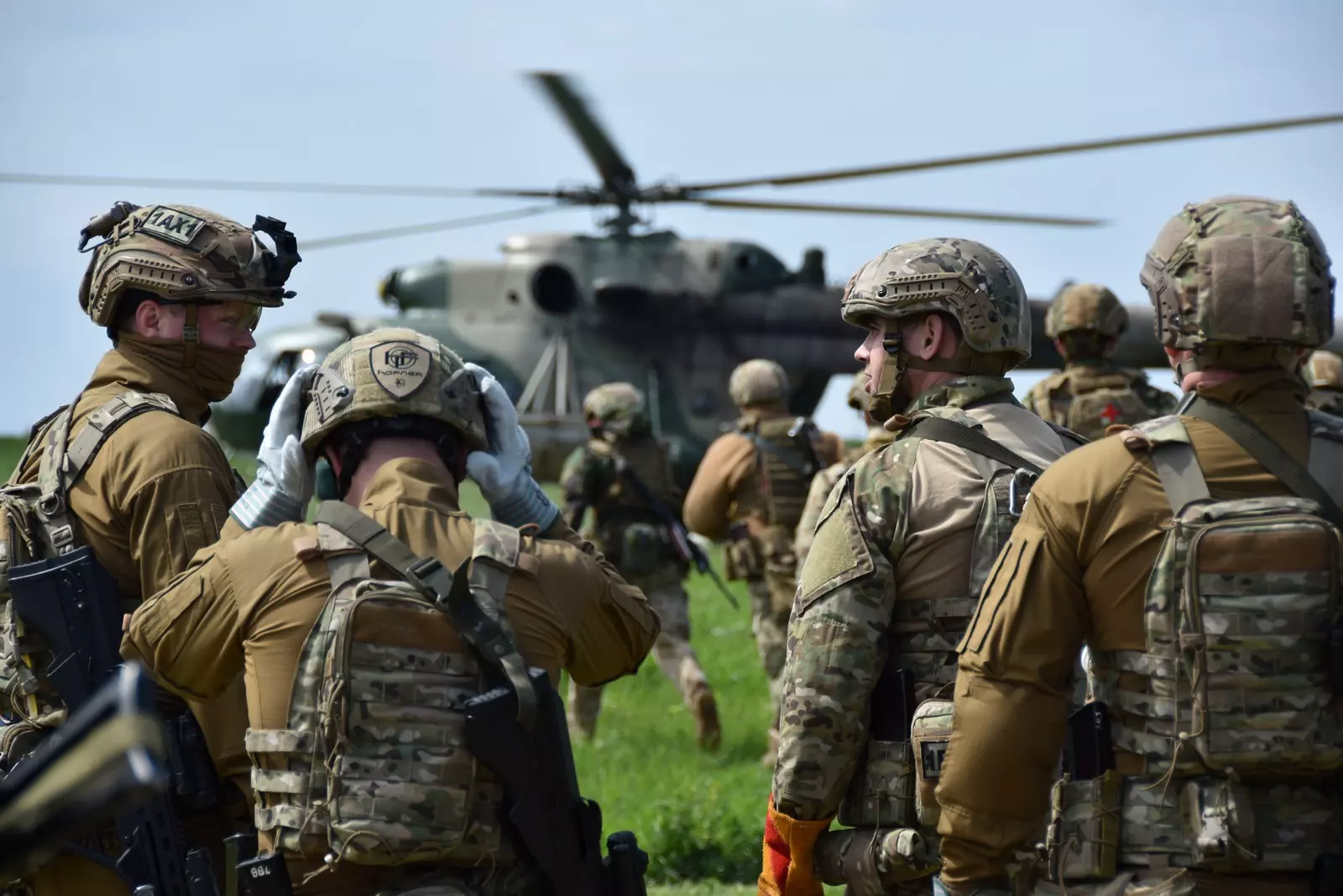
Although the war in Ukraine is going on strong for 17 months, it is a limited war with clear outcomes. Ukraine seeks to liberate its Russian-held territories, while Russia seeks to capture the Donbas and southern Ukraine.
For now, Ukraine has the strategic advantage and has to efficiently use its limited resources to achieve its aims over Russia. Under current conditions, that would translate into the liberation of all of the Russian-held Ukrainian territory but not necessarily of Crimea. Indeed, the Ukrainian military’s dependence on the West for security aid and the threat of escalation by Moscow offer Kyiv two reasons to think about a push toward Crimea.
Ukrainian President Volodymyr Zelensky has repeatedly stated that his forces seek to free all of the territories currently under Russian occupation, including Crimea and the Donbas. Moreover, polls have shown that the Ukrainian people stand behind him, thereby giving Zelensky the mandate to liberate Crimea.
Related: The two armored vehicles that will define the Ukrainian counteroffensive
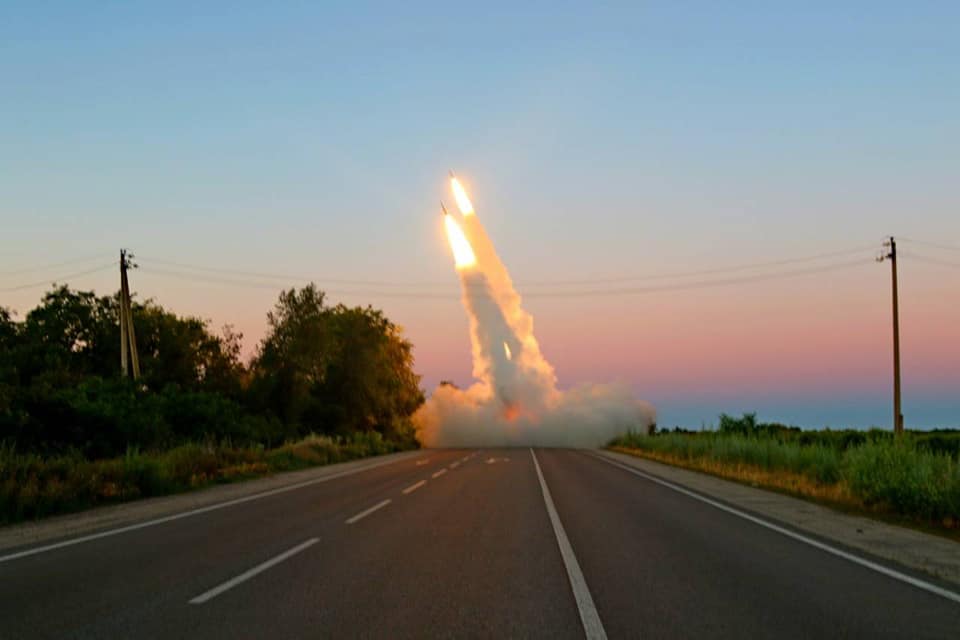
The Ukrainian military, of course, wants to win, but it is also limited by the size and capabilities of its arsenal, which largely depends on the West. A limitation upon weapons is one of the primary conditions for a limited war. Further, the outcome of a war often depends on many factors, including international support, and not just on the fighting itself. The Ukrainian war effort continues on this scale because of Western support. Although the West has stated that only Kyiv will decide when to negotiate, its actions, particularly military assistance, suggest that it has limitations. In protracted wars, the material dimension becomes more important, and Ukraine can’t necessarily depend on unlimited military aid from the West.
On the other side, President Vladimir Putin has shown a willingness to continue the war even after several setbacks. Moscow has had to revise its objectives at least twice so far. As an autocrat who started the war, Putin’s future is likely tied to the conflict’s fortunes. As a result, it is likely that he will not accept a complete defeat, especially the loss of Crimea. The U.S.’ reluctance to provide long-range weaponry that can reach Crimea, such as the MGM-140 Army Tactical Missile System, or ATACMS, suggests that Washington assesses the Peninsula to be a red line for Putin. Thus, trying to liberate Crimea risks turning a limited war into an unlimited one, as a threat Putin might decide that it would warrant the use of tactical nuclear weapons.
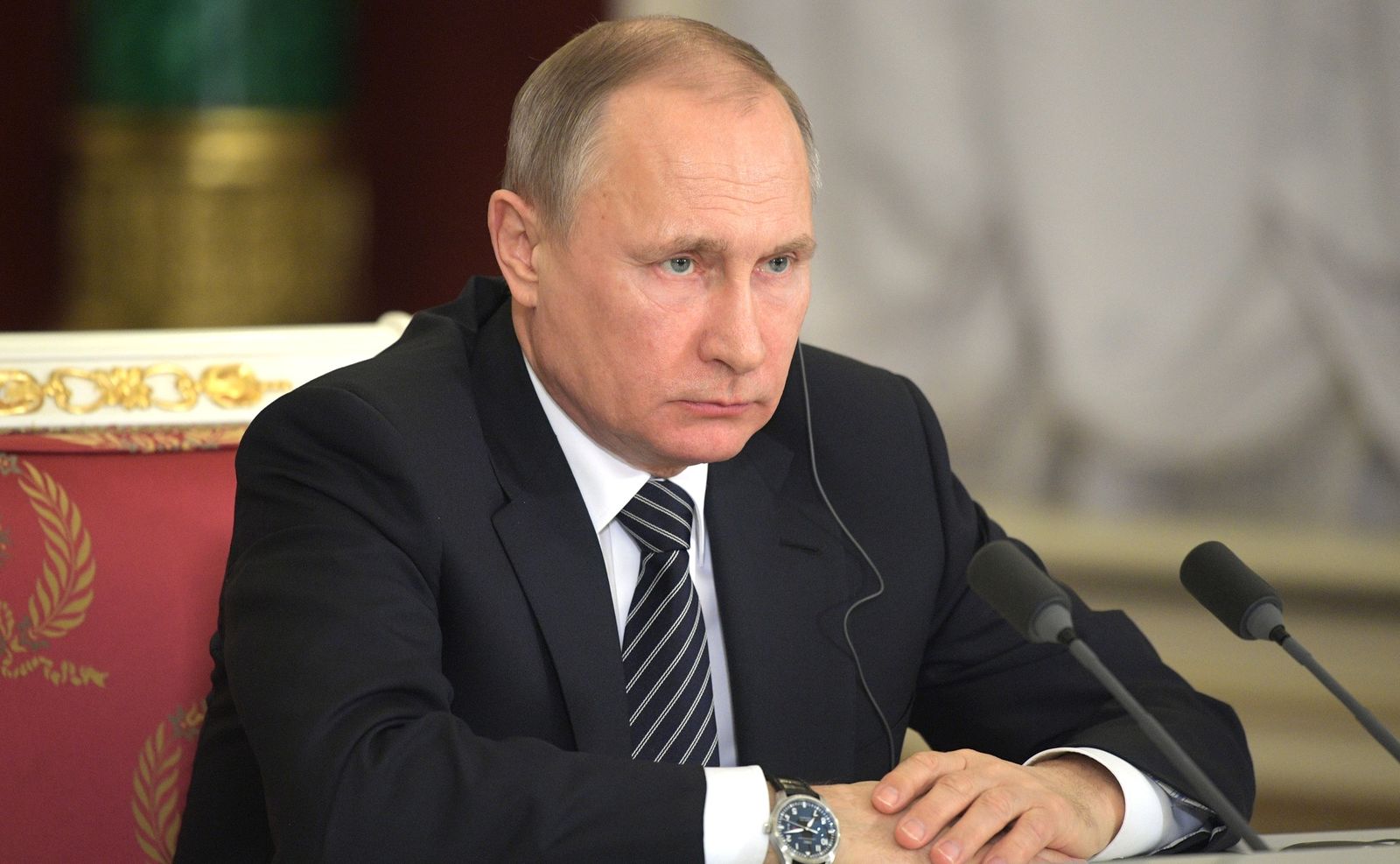
Putin, moreover, has shown a willingness to escalate the war. The recent destruction of the Kakhovka dam and hydroelectrical power station in the Kherson Oblast created one of the worst ecological disasters of recent times. The Russians went ahead with the destruction to stall the ongoing Ukrainian counteroffensive. If Crimea is attacked, the Kremlin might resort to even worst tricks.
As a result, the Ukrainian leadership might try to free all Russian-held Ukrainian territory but decide to stop short of Crimea and let diplomacy take the lead. History has shown that wars often continue well beyond the point at which rational thinking indicates that they should end. The liberation of the Donbas and southern Ukraine in conjunction with a Ukrainian long-range interdiction campaign against Russian positions in Crimea could be enough to bring Moscow to the negotiating table under Kyiv’s conditions. But a Ukrainian assault against Crimea itself in force might risk losing crucial Western support and also trigger a Russian escalation.
The next weeks and months will show Kyiv’s intentions.
Feature Image: Ukrainian Marines during exercises in 2015. (Ukrainian Ministry of Defense)
Read more from Sandboxx News
- The military roots of Juneteenth and why we celebrate it
- With an eye to Russia, US sends 100 aircraft for NATO’s biggest air exercise ever
- The M45 Quadmount – The Krautmower weapon with the devastating power
- America’s massive military advantage nobody talks about: 500+ Refueling Aircraft
- Morgan’s Riflemen – The difference a small elite unit makes
Related Posts
Sandboxx News Merch
-

‘AirPower’ Classic Hoodie
$46.00 – $48.00 Select options This product has multiple variants. The options may be chosen on the product page -

‘Sandboxx News’ Trucker Cap
$27.00 Select options This product has multiple variants. The options may be chosen on the product page -

‘Sandboxx News’ Dad Hat
$27.00 Select options This product has multiple variants. The options may be chosen on the product page
Stavros Atlamazoglou
Greek Army veteran (National service with 575th Marines Battalion and Army HQ). Johns Hopkins University. You will usually find him on the top of a mountain admiring the view and wondering how he got there.
Related to: Breaking News, Military Affairs, Ukraine
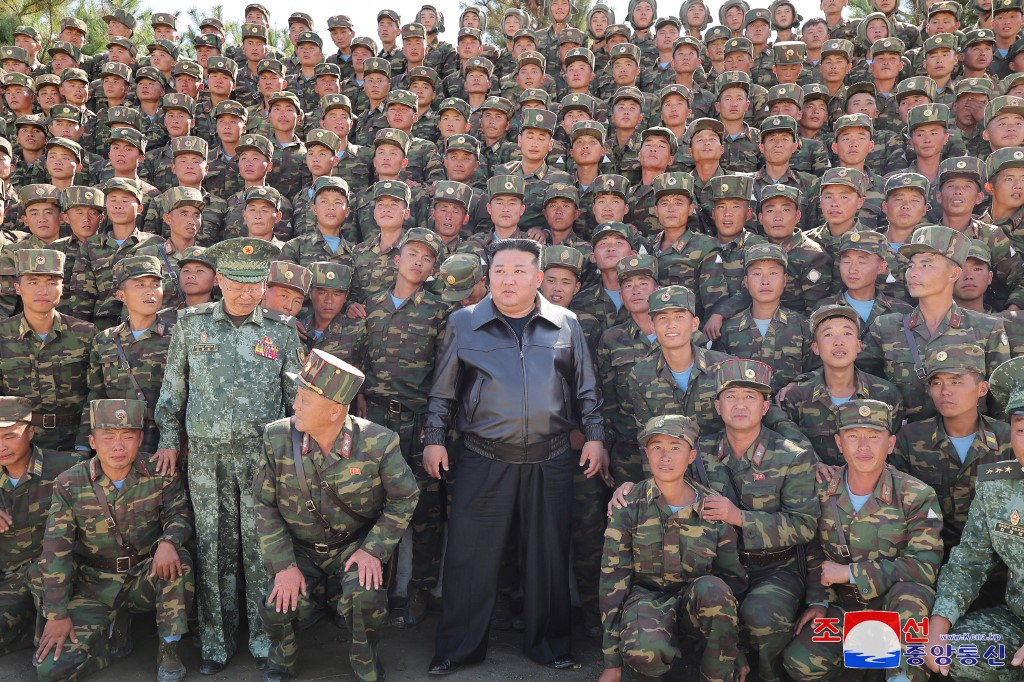
North Korean troops in Ukraine seem stuck in the Cold War, evidence suggests
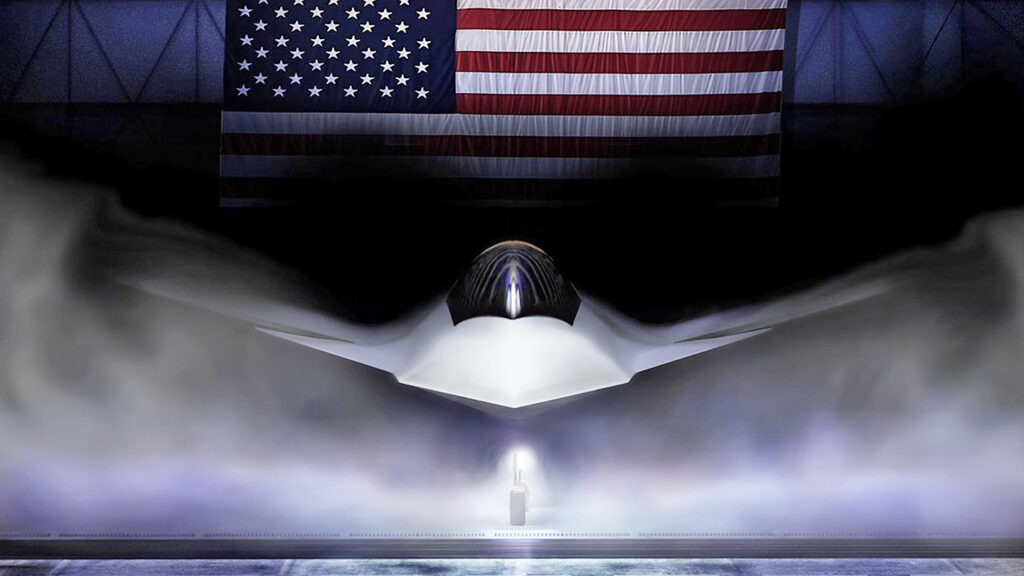
Boeing has managed to win the contract for America’s NGAD fighter
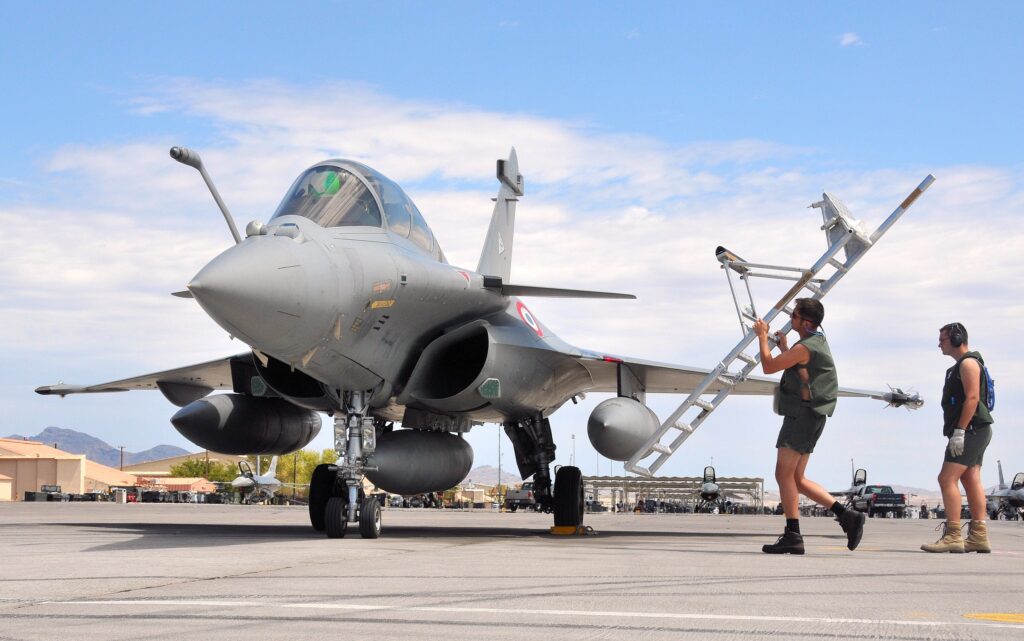
Could France undertake the role of Europe’s nuclear protector? Potentially
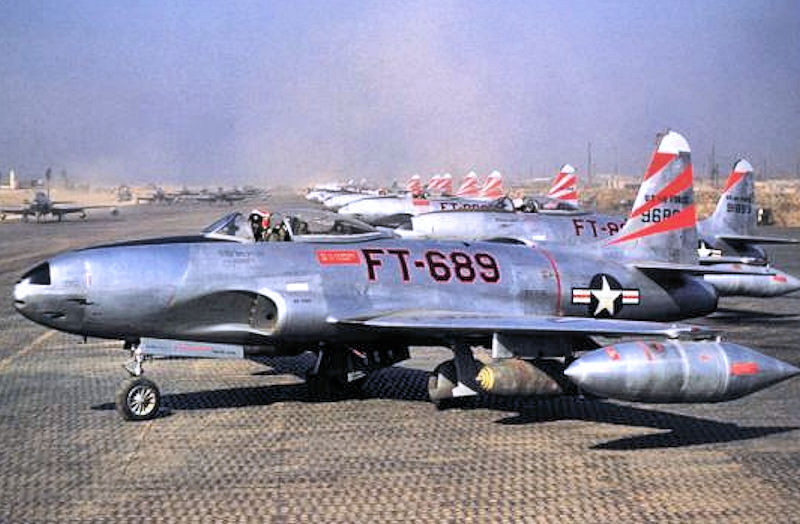
What are the differences between the six generations of fighter aircraft?
Sandboxx News
-

‘Sandboxx News’ Trucker Cap
$27.00 Select options This product has multiple variants. The options may be chosen on the product page -

‘AirPower’ Classic Hoodie
$46.00 – $48.00 Select options This product has multiple variants. The options may be chosen on the product page -

‘AirPower’ Golf Rope Hat
$31.00 Select options This product has multiple variants. The options may be chosen on the product page -

‘Sandboxx News’ Dad Hat
$27.00 Select options This product has multiple variants. The options may be chosen on the product page
